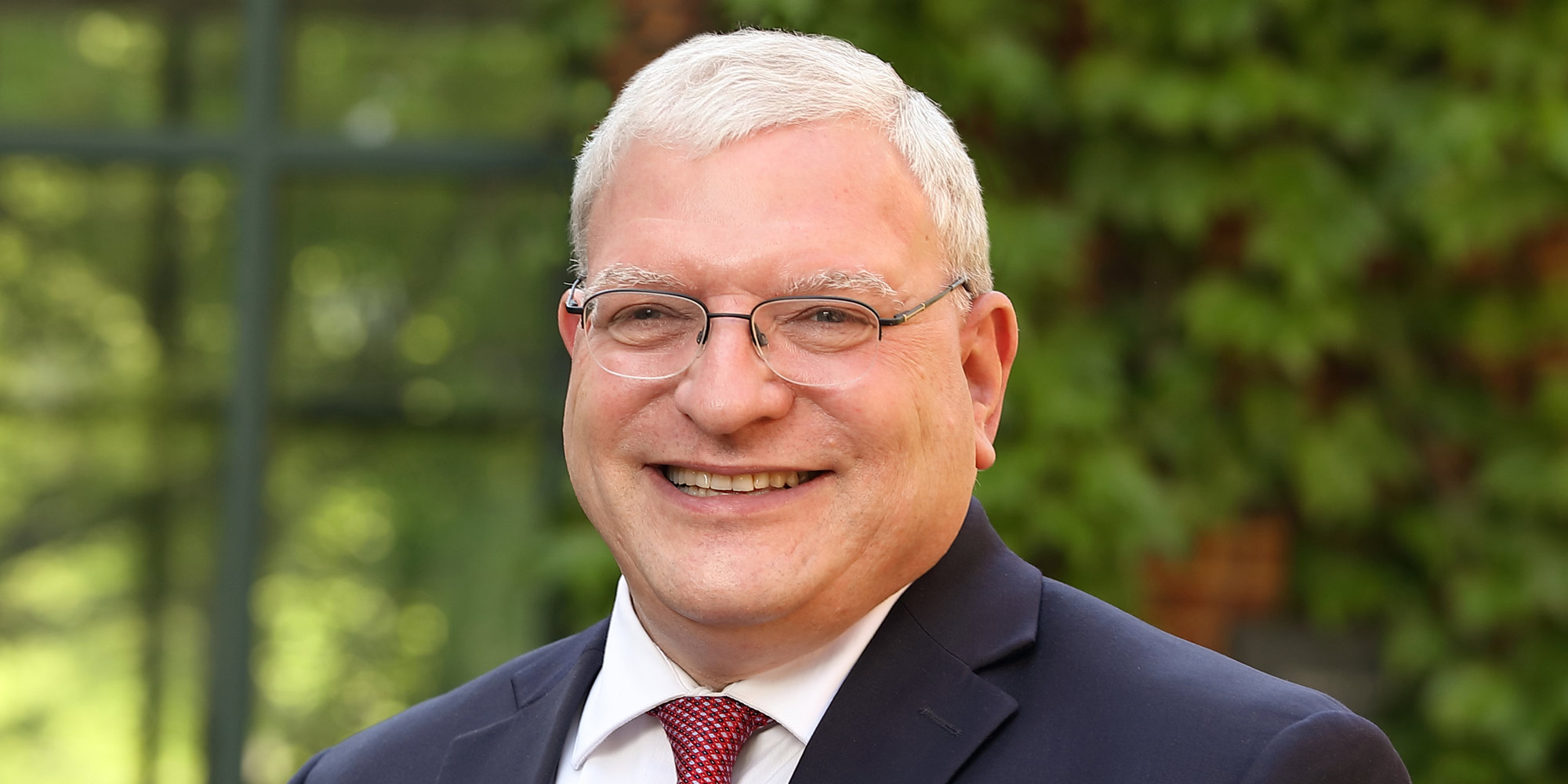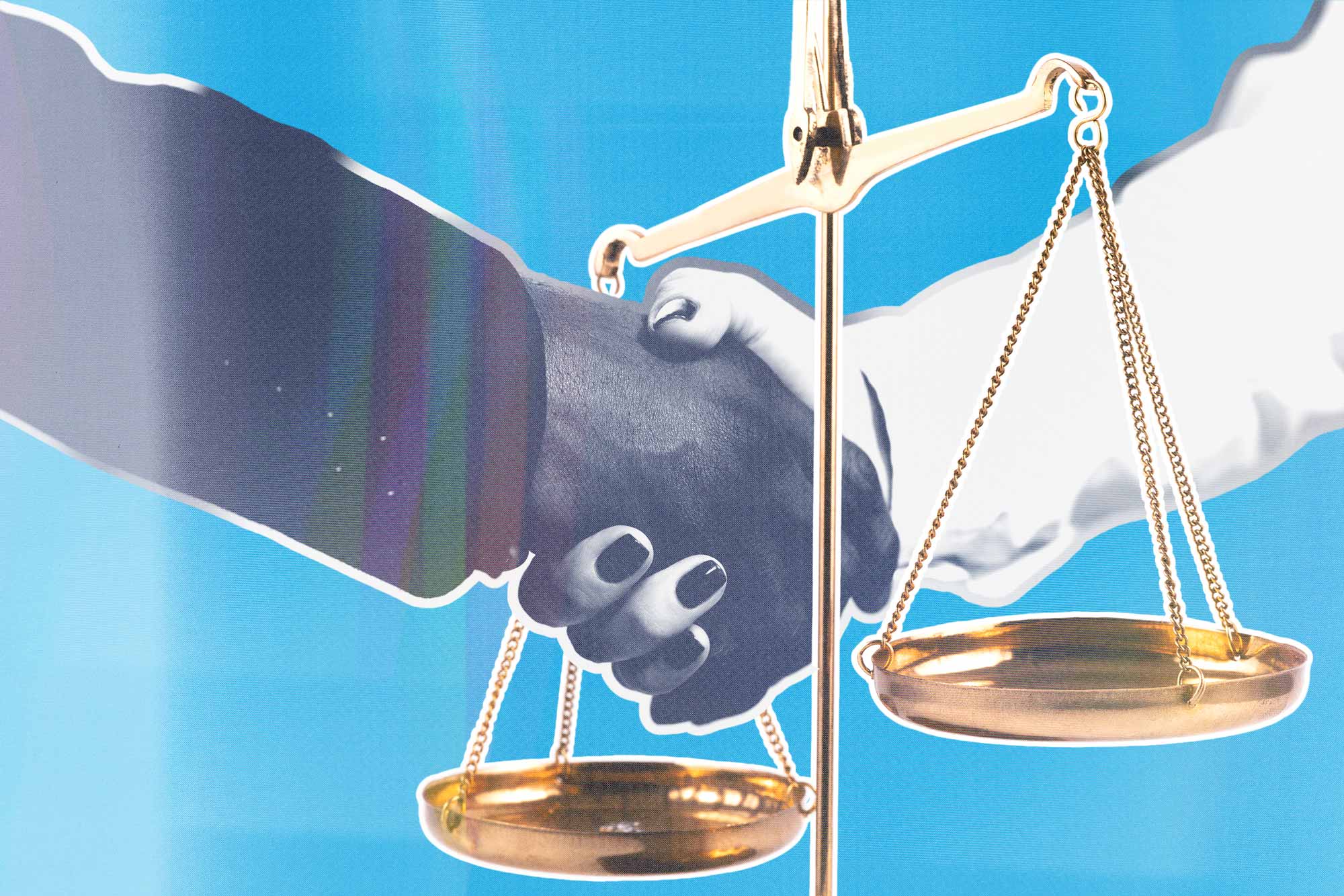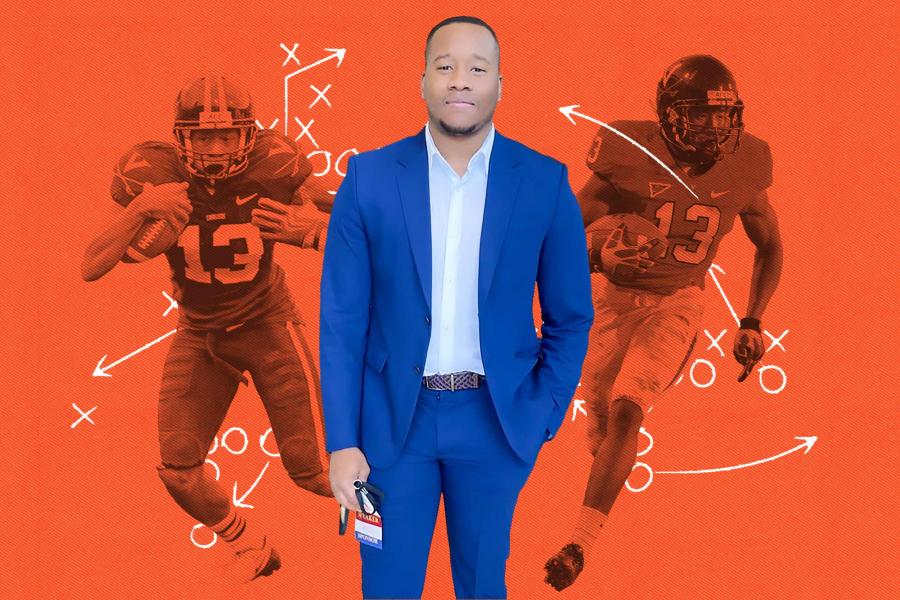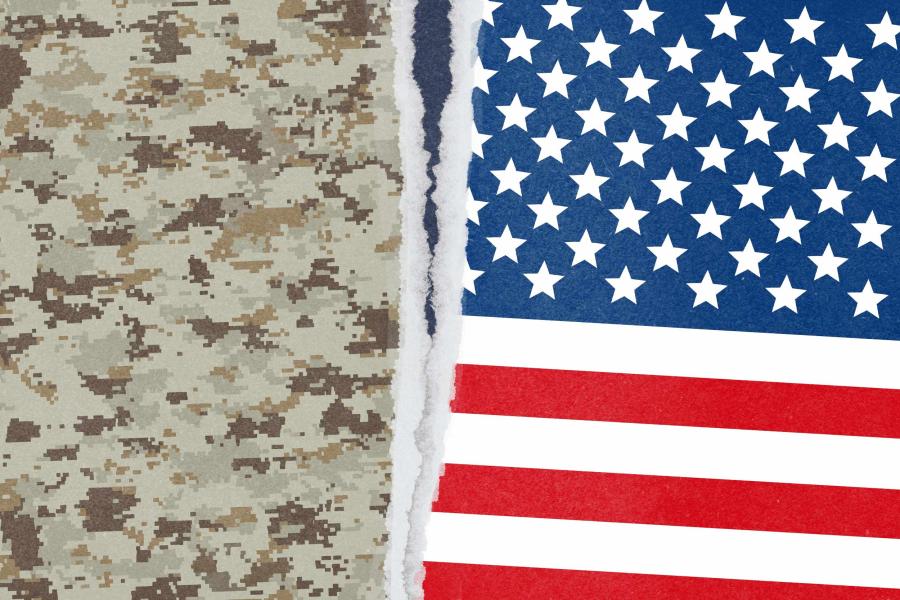Three attorneys for former President Donald Trump have pleaded guilty in a wide-ranging racketeering indictment that accuses Trump and 18 others of election tampering in Georgia, and agreed to testify against other defendants in the case, including Trump.
Prosecutors in Georgia say illegal actions by lawyers Sidney Powell, Kenneth Chesebro and Jenna Ellis were part of an attempt to overthrow the 2020 presidential election results in the state.
In October, each person cut a deal with Fulton County District Attorney Fani Willis to avoid jail time in exchange for their testimony against other targets in the investigation.
The prospect of Powell, Chesebro and Ellis testifying against their former client raises questions about the concept of attorney-client privilege. What is it, and how will these deals affect the case moving forward?
UVA Today reached out to George Cohen, the Brokaw Professor of Corporate Law at the University of Virginia’s School of Law, who teaches a course called Professional Responsibility, which covers competence, complicity, conflicts of interest and confidentiality. He answered our questions.
Q. What is client-attorney privilege?
A. The attorney-client privilege is a rule of evidence that protects against testimony by a lawyer or the lawyer’s client involving confidential communications between the lawyer and client or an agent of the client (such as another lawyer) for the purpose of obtaining or providing legal advice.
The purpose of the privilege is to encourage open communication between a client and lawyer to enable a client to comply with the law or to enable a lawyer to be an effective advocate for the client.
Q. What are its limitations?
A. For the privilege to apply, there must be a lawyer-client relationship, the lawyer and client must engage in a communication, the communication must be confidential, and the communication must involve legal advice.
The privilege does not protect against facts that are the subject of communications. Thus, for example, if the client is asked to testify about events that happened, in which the client was involved, the client cannot claim the privilege simply because the client talked to the lawyer about those events. But the client can claim the privilege if the client is asked, “What did you tell your lawyer about those events?” or “What did your lawyer tell you about what actions to take in response to those events?”
Q. Does there come a time when that privilege no longer applies?
A. There are several exceptions to the privilege. One important exception is the crime-fraud exception. Under this exception, the privilege does not apply if the client consults the lawyer for the purpose of assisting the client in committing a crime or fraud, or if the client later uses the lawyer’s advice to commit a crime or a fraud.
The crime-fraud exception applies only to future or ongoing crimes, not to past crimes. Thus, if a client is accused of having committed a crime and consults a lawyer about that accusation, the crime-fraud exception does not apply, and the communications are privileged because the alleged crime has already occurred.
One court has held that the crime-fraud exception applied to certain emails in John Eastman’s email account at Chapman University subpoenaed by the House Jan. 6 Committee. The court found that it was more likely than not the emails were in furtherance of the federal crimes of obstruction of an official proceeding and conspiracy to defraud the United States.
Another exception is waiver, which can occur in a number of ways, including failure to object to testimony involving a privileged communication. One example of waiver is if the client presents a defense that in engaging in certain conduct, the client relied in good faith on the lawyer’s advice that the conduct was lawful. By putting the lawyer’s advice “at issue,” the client waives the privilege.
A third exception is known as the self-defense or self-protection exception. Under that exception, the privilege does not apply in a dispute between the lawyer and the client, such as a fee dispute or a malpractice claim. The self-defense exception also applies if the lawyer is accused of wrongdoing by someone other than the client, including the government.
Q. If an attorney flips on a client, what recourse does the client have? How common is flipping on a client?
A. Attorneys flipping on clients is rare. The case would generally have to be one in which both the lawyer and client are criminally charged for the same or related activity and the lawyer was aiding and abetting the client’s criminal activity. A criminal defense lawyer generally cannot flip on his or her client because serving as an advocate to a person charged with a crime is not itself a crime. In fact, the right to the assistance of counsel in criminal prosecutions is constitutionally protected under the Sixth Amendment.
In many cases involving criminal activity by a client, prosecutors do not charge the lawyer or lawyers who helped that client commit the crime. If they do, the lawyer may decide to fight the charges rather than make a deal for a lower sentence in exchange for cooperation against the client, for example to protect their professional reputations. Alternatively, a prosecutor may not need the lawyer’s testimony to convict the client. Or the prosecutor may view the lawyer as the more important defendant, especially if the client is an individual (other than a rich and powerful one).

If, however, the prosecutor charges the lawyer along with the client, and the lawyer does decide to “flip,” the lawyer will generally be in a position to take advantage of one or more of the exceptions I listed above. If the court decides that one or more of those exceptions applies, the client does not have much other recourse, other than to challenge those rulings on appeal if the client is convicted.
Q. How can clients truly rely on client-attorney privilege when there are cases like the one happening in Georgia right now?
A. Clients can rely on the privilege so long as the requirements of the privilege are met, and no exception applies. The exceptions are designed to ensure that the privilege serves its purposes. If a client uses a lawyer’s advice to commit a crime, for example, the client is not truly seeking legal advice for the purpose of complying with the law.
Q. Are there past examples of high-profile cases where an attorney “flipped” on a client similar to what is playing out in Georgia?
A. I am not aware of high-profile cases of alleged wrongdoing in which a lawyer who had advised the client “flipped” on that client. In the Watergate matter, lawyers were criminally charged, but President Nixon was pardoned. In the Enron case, some of Enron’s officers were criminally charged, but not the company’s lawyers. In the savings and loan scandal, law firms were sued civilly, but lawyers were not criminally prosecuted.
The closest case I am aware of involved a criminal prosecution for promoting an illegal tax shelter around 10 years ago. Several lawyers in a law firm were criminally charged and one of them decided to plead guilty and testify against one of the other lawyers.
Q. What is your professional opinion about the Georgia case?
A. The Georgia case is unusual in many respects. The three lawyers who accepted plea deals were all charged with racketeering and serious crimes, including: conspiracy to commit election fraud and several computer-related crimes for Powell; conspiracy to commit impersonating a public officer, making false statements and file false documents for Chesebro; and solicitation of violation of an oath by a public officer for Ellis. They all pled guilty to lesser offenses and received relatively light sentences, with no jail time, though there may be disciplinary consequences, in part in exchange for their cooperation. We do not yet know what the nature of that cooperation will be or how important it might be. Whatever happens, I do not think it will fundamentally change the way we think about the privilege.
Q. How will client-attorney privilege limit the testimony of the three lawyers?
A. It’s hard to know at this stage whether the attorney-client privilege will limit the testimony of the lawyers. The exceptions I described all have some limits, but it’s not clear whether those limits will affect any testimony in this case.
For example, the crime-fraud exception requires that the communication assist in a crime or fraud. Other communications seeking or providing legal advice not in furtherance of a crime or fraud could still be protected, but it’s not clear what those communications might be in this case. Similarly, the self-defense exception requires that the disclosure is reasonably necessary to defend the lawyer against charges of wrongdoing in the course of representing a client.
Former President Trump could perhaps argue that the testimony is no longer necessary for the lawyers’ self-defense since the lawyers have entered plea bargains, but the plea bargains include promises of cooperation, which if not kept, could expose the lawyers to further charges. Finally, President Trump may decide not to claim an advice-of-counsel defense, in which case that exception would generally not apply.
Media Contacts
University News Senior Associate Office of University Communications
jak4g@virginia.edu (434) 243-9935






